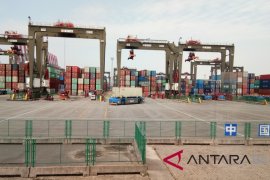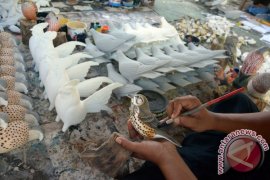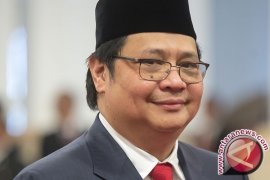Jakarta (Antara Bali) - Indonesia has given the assurance it will soon ratify a voluntary partnership agreement (VPA) with the European Union on law enforcement, governance and trade of forestry goods (FLEGT VPA).
Chief of Indonesia's VPA negotiating team Agus Sarsito said here on Sunday the document ratifying the agreement is ready to be signed by President Susilo Bambang Yudhoyono.
"Hopefully, it will be signed soon," he said.
The European Parliament by acclamation ratified the FLEGT-VPA at a plenary meeting held in France on Thursday (Feb 27) as a follow up to the signing of an agreement by the Indonesian forestry minister, the EU president and the EU environment commissioner in Brussels on September 30 last year.
The ratification of the VPA by the Indonesian government must secure a seal of approval from the House of Representatives (DPR) because it was signed before the trade law was enacted early February 2014.
According to Agus, after Indonesia has signed the document ratifying the agreement, both sides will soon take a number of further steps including discussing the results of joint assessment, and forming a joint implementing committee to apply the Timber Legality Verification System (SVLK).
"The legality certificates based on the SVLK will be recognized as FLEGT licenses so there will be no reason for EU consumers to reject Indonesian timber," he said.
With the SVLK certificates being recognized as FLEGT, Indonesia timber exporters no longer need additional certificates, he said.
"SVLK certificate is the best, evident from the European recognition," he said.
VPAs are one of the key elements of the EU's FLEGT Action Plan to tackle illegal logging. These agreements between wood producing countries and the EU aim to ensure that wood being exported to the world's largest trading bloc is legal and that forest governance in the exporting country is improved.
Every VPA has been based on the national laws of the timber producing country and has been negotiated in a fully participatory process, with social and environmental NGOs, community representatives, the timber industry and the government around the table.
The EU is one of the main markets for Indonesian forestry products. (*/DWA)






